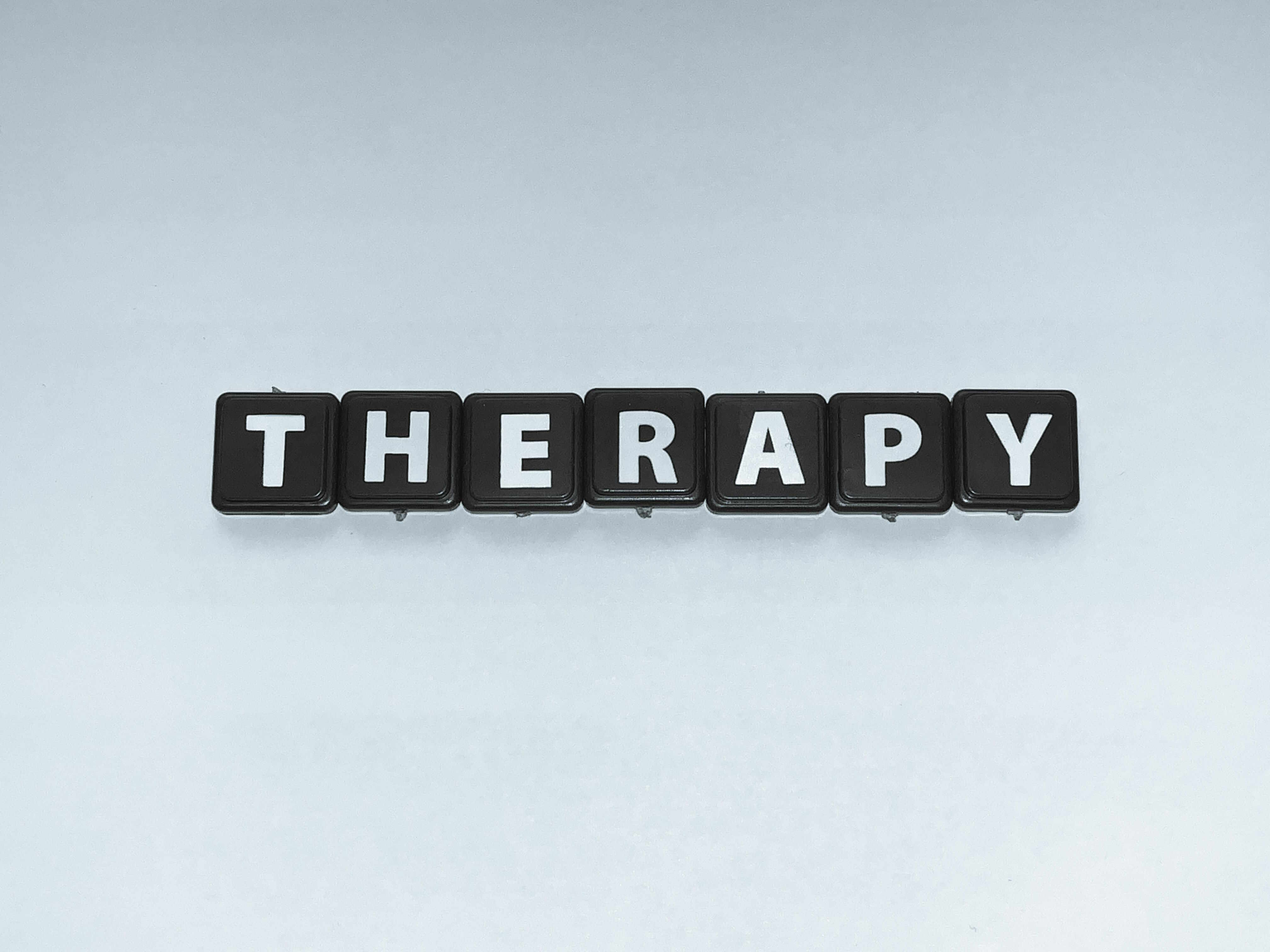Managing Erectile Dysfunction: Causes, Treatments & Costs
Erectile dysfunction (ED) affects many men and can harm physical health, self-confidence, and relationships. This guide outlines proven strategies—from lifestyle adjustments and managing chronic conditions to medical procedures and device options—plus typical costs and when to seek mental health support. Learn practical steps and treatment choices to help you make informed decisions about ED care.

Lifestyle adjustments and natural approaches
For many men, erectile dysfunction improves with targeted changes to daily habits. Regular aerobic and strength exercise supports cardiovascular health and circulation, both critical for erectile function. Achieving and maintaining a healthy weight reduces strain on the vascular and endocrine systems, while stopping smoking and cutting back on alcohol can restore blood flow and hormone balance.
Controlling chronic illnesses also plays a central role. Conditions such as diabetes, hypertension, and heart disease can damage blood vessels and nerves involved in erections. Optimizing blood sugar, blood pressure, and cholesterol through medications, diet, and physician-guided care reduces ED risk and can enhance response to other treatments.
In addition to these steps, attention to sleep, consistent activity, and a balanced diet rich in vegetables, whole grains, lean protein, and healthy fats supports sexual health. Some men explore supplements and herbal remedies, but these should be discussed with a clinician to avoid interactions and ensure safety.
When medications aren’t enough: advanced medical options
Oral PDE5 inhibitors such as sildenafil or tadalafil are effective for many, but when they fail or are contraindicated, several alternative therapies exist:
-
Penile injections (intracavernosal therapy): Medications injected directly into the penis prompt rapid, reliable erections for many men. Proper training on technique and dosing from a clinician is essential.
-
Vacuum erection devices: These mechanical pumps create an erection by drawing blood into the penis, often combined with a constriction ring to maintain rigidity during intercourse.
-
Penile suppositories: Alprostadil can be delivered as a urethral pellet to produce an erection in some patients who cannot use injections.
-
Penile implants or prostheses: For men who do not respond to conservative measures, surgically implanted devices—either malleable or inflatable—offer a permanent solution with high satisfaction rates.
-
Low-intensity extracorporeal shock wave therapy (Li-ESWT): Emerging evidence suggests this noninvasive treatment may stimulate blood vessel growth in the penis and improve function for select patients, though availability and insurance coverage vary.
Choosing the right option depends on medical history, severity of ED, personal preferences, and cost considerations. A urologist or sexual health specialist can explain risks, benefits, and expected outcomes for each approach.
| Treatment Type | Typical Provider | Estimated Cost Range |
|---|---|---|
| Oral Medications | Primary care or urologist | $10–$70 per pill |
| Penile Injections | Specialty clinic | $20–$100 per dose |
| Vacuum Devices | Medical supply vendors | $200–$500 one-time |
| Penile Implants | Surgical center | $10,000–$20,000 |
Prices, rates, or cost estimates mentioned in this article are based on the latest available information but may change over time. Independent research is advised before making financial decisions.
Cost factors and choosing a provider
Costs vary widely based on geographic location, insurance coverage, brand or model chosen, and whether procedures require anesthesia or hospitalization. Primary care physicians and urologists often prescribe medications and coordinate conservative care. Specialty sexual health clinics can provide training for injections, supply devices, and offer advanced therapies. Surgical centers perform implant procedures and should be selected for their experience, complication rates, and patient reviews.
Before committing to a treatment, request a full cost estimate, ask about warranty and maintenance for devices, and verify what insurance may cover. Some programs or clinics offer financial counseling or payment plans for higher-cost interventions like implants.
Psychological contributors and integrated care
Emotional and relational factors frequently affect erectile performance. Anxiety about sexual performance, chronic stress, depression, and unresolved relationship issues can all contribute to or perpetuate ED. Because of this, mental health support is often a vital part of successful management.
Cognitive behavioral therapy, sex therapy, and couples counseling can reduce anxiety, improve communication, and address habits that interfere with intimacy. Many clinicians recommend combining psychological treatment with medical or device-based approaches for the best long-term outcomes.
Ongoing management and follow-up
ED treatment is rarely a one-time decision. Effectiveness can change over time due to aging, evolving health conditions, or new medications. Regular follow-up with a healthcare provider allows adjustments in therapy, monitoring for side effects, and coordination with treatments for other medical issues. Open, honest conversations with partners and providers helps tailor care to individual needs and expectations.
This article is for informational purposes only and should not be considered medical advice. Please consult a qualified healthcare professional for personalized guidance and treatment.




